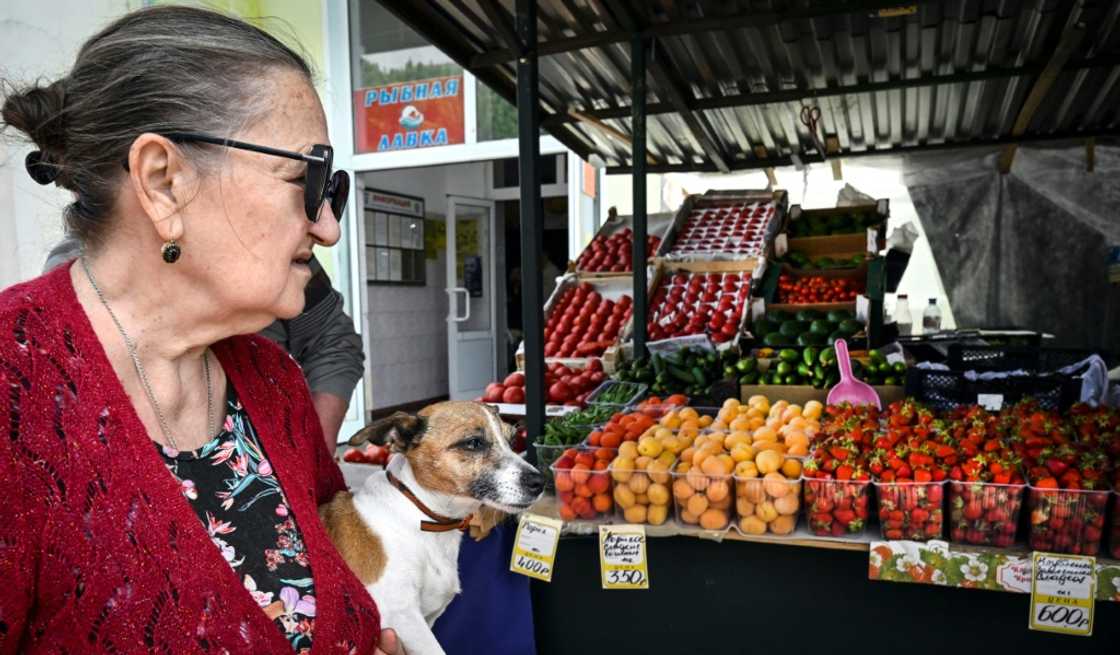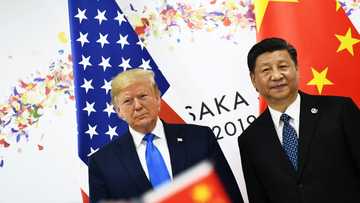Russia cuts key interest rate, warns of tepid growth

Source: AFP
Russia's central bank on Friday cut its benchmark interest rate and said growth had slowed to almost zero as the economy sags under the cost of the Ukraine offensive and Western sanctions.
Announcing a trim in borrowing costs to 16.5 percent from 17 percent, the bank said economic growth would be lower and inflation higher for longer than it previously expected.
Moscow has ramped up military spending to fund its campaign against Ukraine, outlays that spurred two years of rapid growth but that are now straining the economy.
The bank said Russia "continues to return to a balanced growth path" but lowered its forecast for economic growth this year to 0.5 percent to 1 percent, down from 1-2 percent previously.
Businesses have railed against high borrowing costs, which they say are sapping growth and holding the economy back.
But the central bank says high rates are needed to bring down inflation that was still above eight percent in October, double the central bank's target.
"The central bank is essentially stating that next year we may see very severe economic stagnation," Evgeny Kogan, an independent economist, posted on Telegram after the decision.
Slowing growth has put pressure on Russia's stretched public finances, and the Kremlin is looking to tap the pockets of citizens and businesses to plug a budget gap that is running at around $50 billion so far this year.
Russia's finance ministry has proposed raising the value-added tax (VAT) to 22 percent from 20 percent next year.
The central bank said it expected the VAT increase as well as a surge in gasoline prices -- the result of Ukrainian strikes on Russian oil refineries -- to push up inflation.
Trade tensions following US President Donald Trump's imposition of stiff tariffs since returning to office this year, and increased Western sanctions pressure over the Ukraine invasion also risk fuelling price increases.
The United States on Wednesday unveiled some of the harshest measures yet on Russia's energy sector, sanctioning its two biggest oil producers, Rosneft and Lukoil, in an attempt to curb Moscow's revenues and force it to end the war in Ukraine.
Source: AFP



